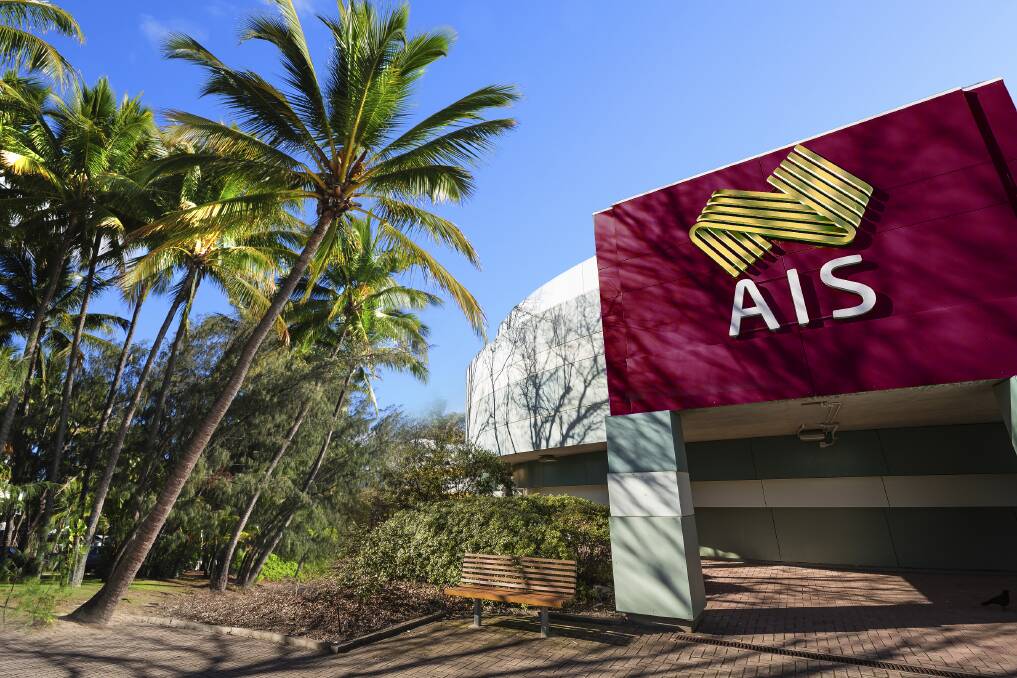
Former director Matt Favier says Canberra's AIS campus is no longer world-class and there's a compelling argument for it to shift to south-east Queensland ahead of the 2032 Brisbane Olympic Games.
Subscribe now for unlimited access.
$0/
(min cost $0)
or signup to continue reading
But another ex-director, Robert de Castella, says there's also merit in maintaining it in Canberra following Australia's massive success in Tokyo.
The AIS's future was again under the microscope following former Sport Australia chairman John Wylie's call to shift the AIS to Queensland.
It's been stuck in limbo for the past two years because the federal government still haven't decided what they want to do with the iconic campus, despite a report into it's future coming out in early 2019.
Sport Minister Richard Colbeck said the federal government was still investigating all the options for the AIS's future - but that future was definitely in the ACT.
"The business case does not include options for the AIS outside of Canberra. The government is still considering options for the further development of the AIS site," he said.
The AIS's currently being used as a central figure for all the state and territory institutes as part of the national institution network, which seemed to bear fruit with a record gold-medal haul at the Tokyo Olympics.
But Wylie wanted a new facility built in Brisbane - where he was born and bred.
It's something Favier said was worth considering, but he also felt the current decentralised model - born out of the controversial Winning Edge program - was working.
He said there was still a role for the Canberra campus as part of the AIS - as a base for Paralympians and the combat centre, as well as being used for national training camps for developing athletes and cutting edge sports science.
"I don't consider a centralised model ... to be the most appropriate model for Australia moving forward," Favier said.
"The campus in Canberra is very, very tired, is not fit for purpose and it is not a world-class, high-performance centre of excellence in the way our romantic notion of it was in the '80s and '90s.
"It should have a platform that offers common support to sport, which is science, medicine and sport intelligence.
"It's quite compelling to have the AIS perhaps co-located with the [Queensland Institute of Sport] ... there's a lot of merit in that."
De Castella, while admitting there was some merit to a Queensland move, said there was also merit in it staying put in Canberra.
While he said the Tokyo results were fantastic, he thought heaping all of the praise onto the decentralised model was premature.
He said there were a range of other factors that could have played a part - the restrictions caused by the pandemic in terms of training and international competition, as well as the favourable Japanese time zone.
"I'm sure there's some merit in [moving the AIS to Queensland], but there's also some merit in maintaining the facility here," de Castella said.
"I'd be keen to maximise the use of the existing facility and investment that's out at Bruce.
"The success of the Olympic team was pretty significant and it's good to see things on track, and hopefully we can have a good crack at identifying and supporting the squads going into '32."
An AIS spokesperson said their focus remained their operations in Canberra, but the future of the campus was a matter for the federal government.
"The Australian Sports Commission, which includes the AIS, continues to work closely with the Australian government to explore all options for AIS high-performance facilities into the future, including advancements in infrastructure and technology for a modern AIS," the spokesperson said.
"Decisions on the future of the AIS site are ultimately a matter for the Australian government."


